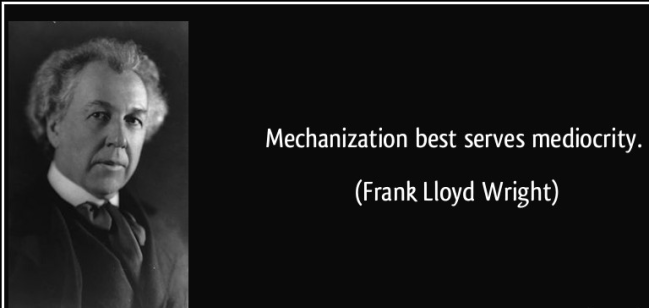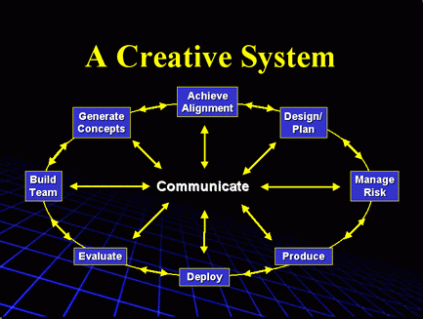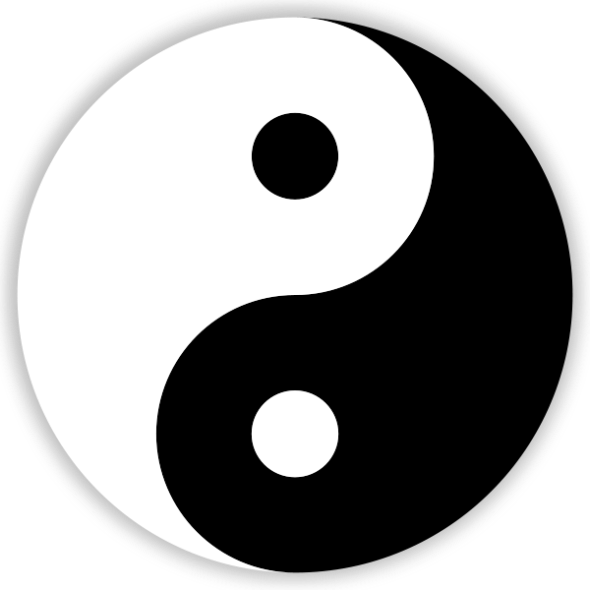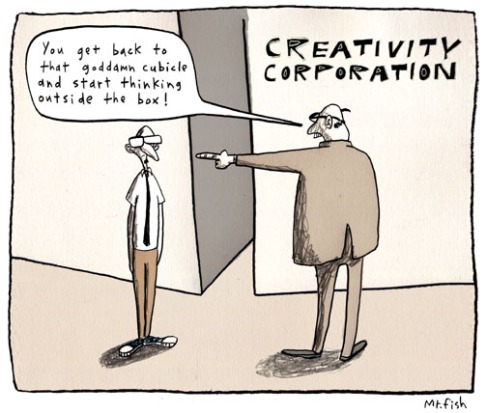
Strategy is adding constitution to an ambiguous mess we call the future. Strategy focuses discernible choices from the fog of ambiguity by way of assertions and assumptions. It reduces the universe’s entropy. Strategy is deliberate choice. Strategy is awareness and self-awareness. Strategy is wisdom: it is a mirror. Strategy is integrative and convergent. Strategy is identity.
Strategy is not political correctness, nor is it group consensus. It is selective and competitive. It does not agree well with bell curves. Strategy is neither nice nor nasty. Yet it will be deemed heretic and non-compassionate, unfair. Good strategy is controversial. Good strategists will be called dictators, non-team players, naive, inconsiderate. Strategy is participatory only as a common pursuit of a better state of affairs. Strategy is fair to those who wish for better. It is unfair to those who hang on to the past. Strategy is change.
Strategy is creative. It is substantive. It is pleasing to the eye. It appeals to common sense and it is not information overload. It is a straight-forward perception of an in-achievable ideal: truth. It exposes cowardliness, laziness, hypocrisy, envy, falseness by denying them opportunity to hide behind the curtain of ambiguity. Strategy is accountability. Strategy is transparency. It is risk and courage. Strategy is sacrifice. Strategy is long term and it makes things worse before so they can be better. Strategy is responsibility. It is leadership. It is patience and self-control. Strategy builds character and nourishes morality and ethics.
Strategy is narrative. It is forged of convictions and ideals and desires. It is biased. It is ideological and not technocratic. Strategy is subjective and incomplete, but not superficial. Strategy makes leaps of fact and logic. Strategy is not planning and it cannot be proved. Strategy is not a simple process with discrete steps that spews guaranteed and repeatable results – it isn’t an algorithm (sorry Professor Porter, HBR, McKinsey and others). Sustainable strategy is not imitation. It isn’t bench-marking, performance, metrics and measurements (sorry Accenture, CapGemini and others). Strategy isn’t statistics. Strategy is not business process re-engineering. It is discontinuous. Strategy is organic. Strategy is adaptive and resilient. It is educated trial and error. Strategy is real and surreal: surreal because it describes what does not yet exist, real because the future is always born of the inference between what is and what could be.
Strategy is personal and quintessentially human. Strategy is enlightenment and fulfillment and wisdom. Sustainable strategy is the ambition to better oneself while not wishing others ill. Sustainable strategy is not playing zero sum games. Strategy is humbleness. It is observation, empathy, comparison, categorization. Strategy is artful design. It is meditation and self-reflection. Strategy is play. It is fun and thrill and adrenaline. Strategy is loneliness and hopelessness. It is pain and failure and rebirth. Strategy is cumulative. Strategy is a liberating journey. It is a quest for purpose and meaning with no room for regrets.










